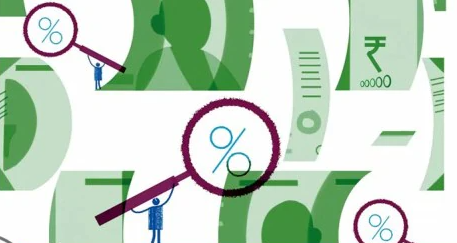Systems science for a better future (GS Paper 2 ,Indian Polity & Governance)

Context
- The article examines global authoritarian leanings, economic disparities, and environmental crises, stressing the importance of interdisciplinary collaboration and gender-inclusive strategies for fostering sustainable development.
- It highlights the complexities of societal challenges and the need for holistic approaches to address them effectively.
Survey on Authoritarian Preferences:
- Pew Research Center surveyed citizens globally in 2023, revealing preferences for authoritarian rulers over multi-party democracy.
- Notable figures from Global South include India (85%), Indonesia (77%), South Africa (66%), and Brazil (57%), while the West shows significant numbers too.
Economic Discontent and Environmental Concerns:
- Citizens in democratic nations express disillusionment with economic policies favouring the wealthy elite.
- Global economic growth exacerbates environmental crises, with fossil fuel consumption and water scarcity posing existential threats.
India’s Unique Challenges:
- India grapples with urban poverty, rapid urbanization, and environmental degradation.
- Despite economic growth, income inequality persists, hindering sustainable development efforts.
Environmental Performance and Population Pressure:
- India’s environmental performance ranks poorly, with significant water stress despite a large population share.
- Rapid population growth exacerbates resource scarcity and environmental degradation.
Complexity of Social Systems:
- Interdisciplinary understanding is crucial to navigate complex social, economic, and environmental challenges.
- Specialization in sciences limits comprehension of interconnected systems and holistic solutions.
Critique of Economic Ideologies:
- Economists’ reliance on free market ideology overlooks societal well-being and environmental sustainability.
- Capitalist institutions influence policies, prioritizing profits over human rights and environmental conservation.
Need for Systems Thinking:
- Emphasis on holistic, self-adaptive systems thinking is essential for addressing global challenges effectively.
- Cooperation-driven organizations can foster societal well-being, contrasting with profit-driven corporations.
Role of Gender Dynamics:
- Women’s contributions to family and societal well-being are undervalued and excluded from traditional economic metrics.
- Embracing caring, cooperative approaches over competitive ideologies is vital for societal improvement.
Conclusion:
- Addressing global challenges requires interdisciplinary cooperation, systems thinking, and gender-inclusive approaches to foster sustainable development and societal well-being.


